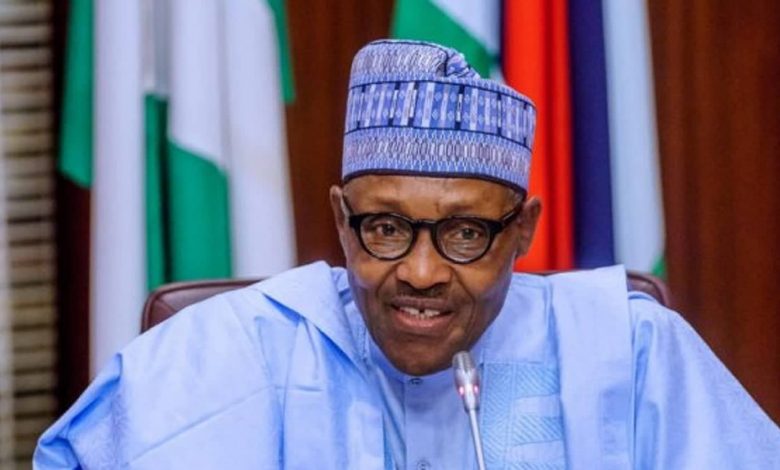Nigeria’s foreign reserve downs to $40.04 billion in January 2022

Following the $66.17 million decline recorded in the previous month , Nigeria’s foreign exchange reserve recorded a $481.4 million decline in the month of January 2022 to close at $40.04 billion,
This is according to data obtained from the Central Bank of Nigeria (CBN). Notably, foreign reserve fell by 1.2% in January 2022 compared to $40.52 billion recorded as of 31st December 2021.
The decline in the country’s external reserve can be attributed to the continuous intervention by the Central Bank in the FX market to ensure stability of the currency. According to data from the CBN statistical bulletin for Q3 2021, the apex bank supplied a sum of $8.97 billion in the FX market through the I&E, SME, and invisible.
In the same vein, the bank supplied $1.42 billion through interbank, while $2.77 billion was channelled through BDC operators between January and June 2021, before the bank discontinued the sales of FX to them.
The Nigerian economy had endured an FX crunch in recent times, owing to the crash in crude oil prices in 2020 as a result of the covid-19 pandemic and the downtrend in foreign investment, hereby piling pressure on the supply of FX in the country.
According to data from the National Bureau of Statistics (NBS), capital imported to Nigeria declined by 47.6% year-on-year in 9-month 2021 to $4.52 billion compared to $8.61 billion recorded in the previous year, with foreign direct investment (FDI) only accounting for 7.55% of the total.
The inability of Nigeria to meet up with crude oil production quota has also been a major hindrance in boosting FX earnings despite the rally in the global market, with oil already trading at a record high of $90 per barrel, while Nigeria’s crude supply is still below target.
Nairametrics reported earlier in the year that Nigeria’s external reserve received a boost of $5.15 billion in 2021, bolstered by the $4 billion Eurobond secured by the federal government in September 2021 and the $3.35 billion IMF facility under the Special Drawing Rights.
The nation’s foreign reserve had gained $5.99 billion in October, however, in November, the reserve lost $611.01 million in value as against the previous month’s gain and a $2.76 million gain in September 2021. In December 2021, the reserve dipped by $66.17 million, putting the annual gain at $5.15 billionForeign reserves are assets held on reserve by the central bank of a country used to back liabilities and influence monetary policy. They include foreign banknotes, deposits, bonds, treasury bills and other foreign government securities. These assets serve many purposes but are most significantly held to ensure that a government or its agency has backup funds if their national currency rapidly devalues. Foreign exchange reserves are also called international or external reserves




